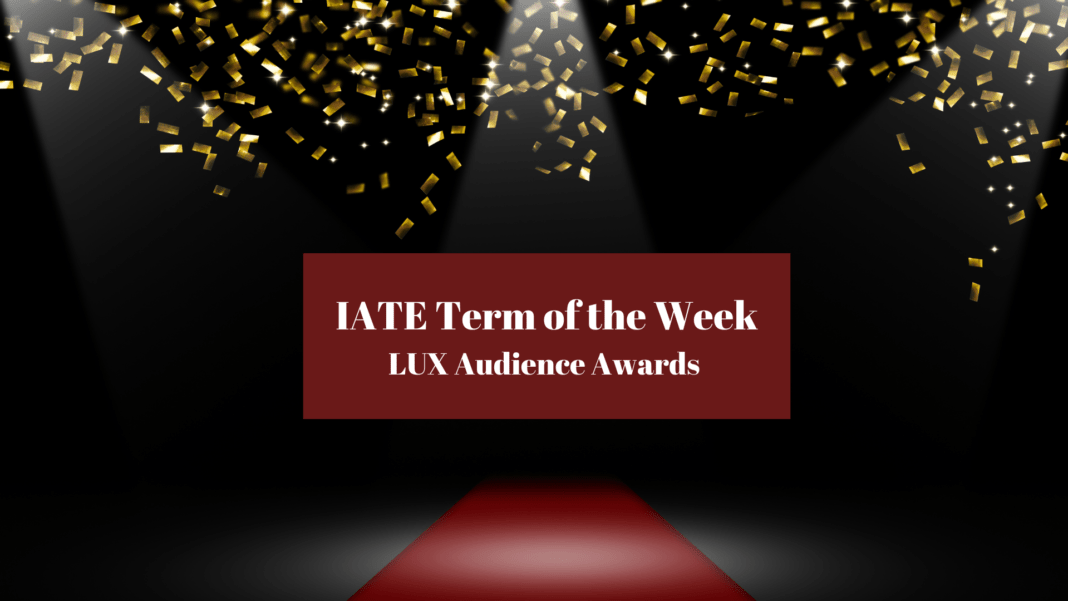The Lux Audience Award (European Audience Film Award) made its appearance in 2020 and since then, the European Parliament and the European Film Academy present it in partnership with the European Commission and the Europa Cinemas.
The award is the continuation of the former Lux Prize, which was established in 2007 promoting the European Parliament’s commitment to arts and culture. The goal of the Lux Audience Award is to strengthen the relationship between citizens and politics. The nominated films aim to make an impact by touching upon serious social or political issues and make people reflect and debate which in its turn reinforces open dialogue and participation to European matters. All nominated films are subtitled in all 24 official EU languages, while each EU country organizes screenings of the films.
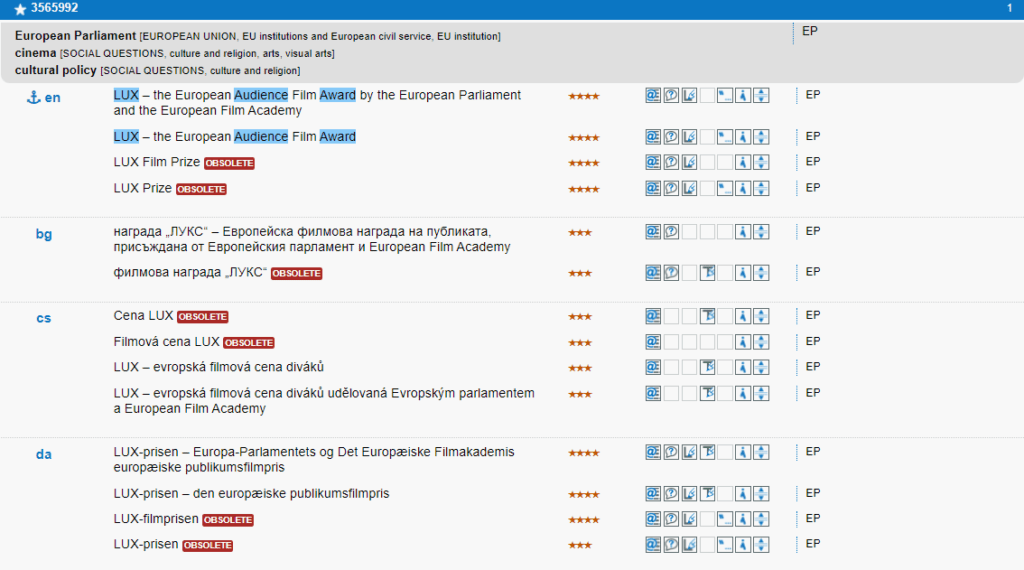
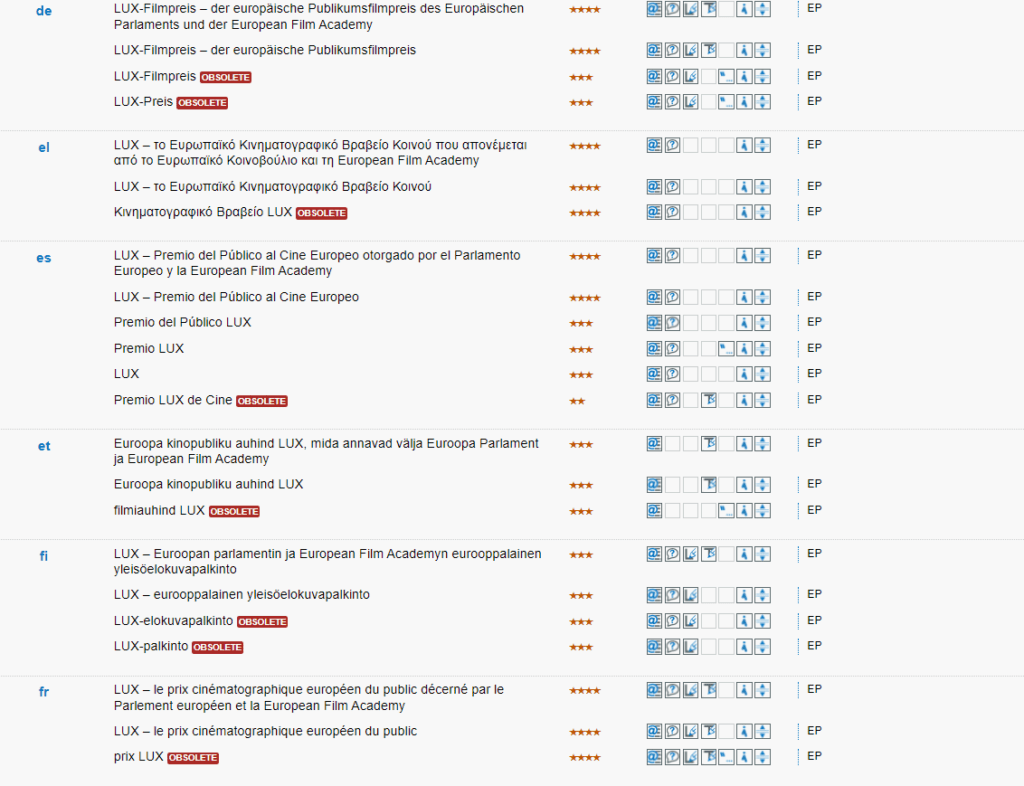
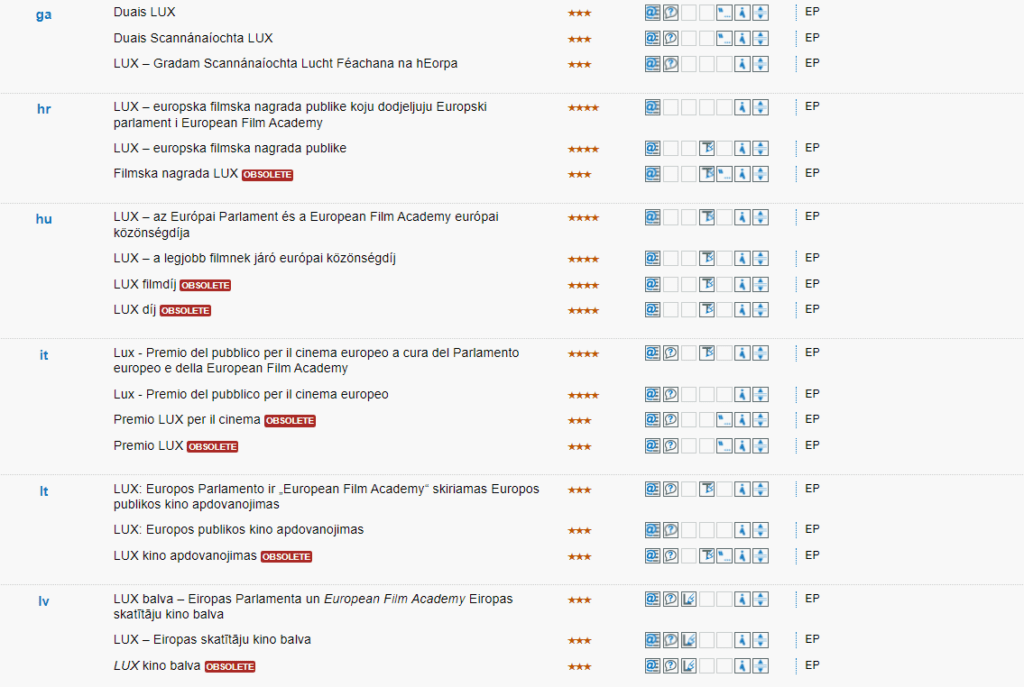
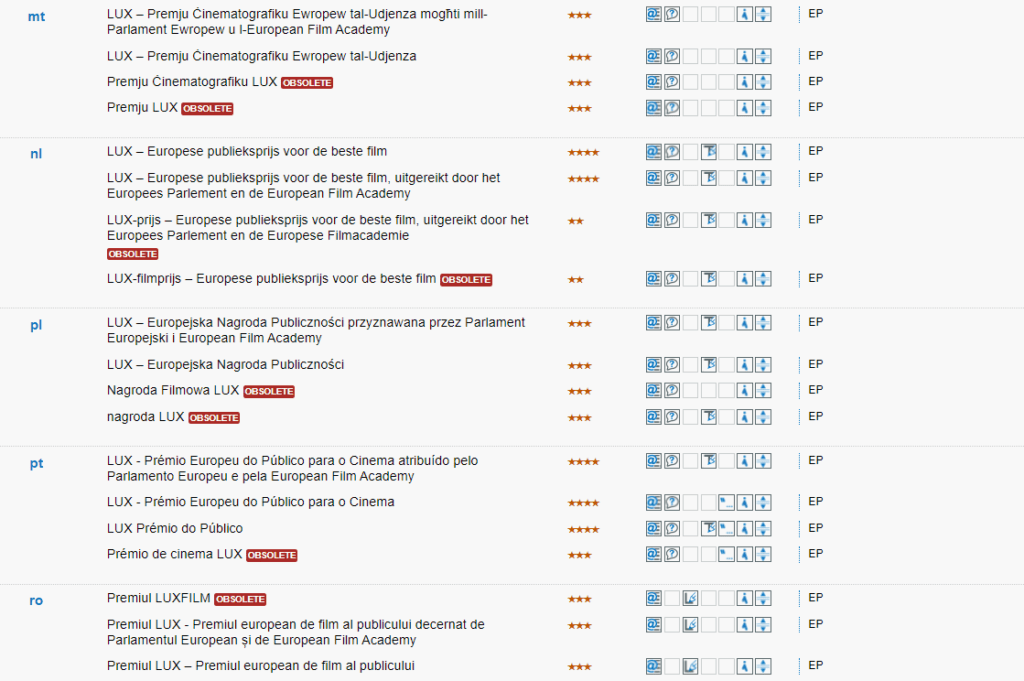

More information about the Award
In October each year, the Lux Audience Award panel meets and decides about the three final films that will be nominated for the first prize. On December, the official announcement takes place and then, from December to May, screenings are happening across Europe. Around the end of May, the voting process closes and in early June the panel announces the results.
The selection panel selects the films for the Award from a large pool of films submitted for the European Film Awards. Each member of the selection panel can select and propose two films to be considered for nomination. However, this year, given the pandemic situation, only three movies were nominated, instead of five.
The eligibility criteria for the films include, among others:
- They must have been at least awarded or received recognition at a film festival.
- They must have had their first public screening at a festival and have been released in at least 5 EU countries.
- They should be accessible to a broad and diverse audience.
- They must cover a diversity of topics and these topics should promote dialogue and public debate. However, diversity and inclusion should be portrayed through the scenario and the characters.
- Their genre could be either documentary, animation or fiction.
- Their minimum duration must be 60 minutes, while the maximum 120 minutes.
- Regarding the geographical location, they need to be produced only in countries eligible for the Creative Europe Media Programme (that means the European Union countries and Iceland, Albania, Norway, Bosnia and Herzegovina, and Montenegro).
The Lux Audience Awards Winner 2022
The three finalists for the Award this year were:
- Flee/Flugt (Denmark, France, Sweden, Norway)
- Great Freedom/Grosse Freiheit (Austria, Germany)
- Quo Vadis, Aida? (Bosnia-Herzegovina, Austria, The Netherlands, France, Poland, Norway, Germany, Romania, Turkey)
The winner of the Lux Audience Award 2022 is “Quo vadis, Aida?” by Bosnian director Jasmila Žbanić. The film points out the importance of justice for the women and mothers of the Srebrenica massacre. Present in the award ceremony was also the survivor, the president of Mothers of Srebrenica Association, Munira Subašić.
References:
Homepage | LUX Audience Award. 2022. Homepage | LUX Audience Award. [ONLINE] Available at: https://luxaward.eu/en . [Accessed 14 June 2022].
QUO VADIS, AIDA? wins the LUX Audience Award 2022 | News | European Parliament. 2022. QUO VADIS, AIDA? wins the LUX Audience Award 2022 | News | European Parliament. [ONLINE] Available at: https://www.europarl.europa.eu/news/en/headlines/priorities/lux-award-2022/20220603IPR32124/quo-vadis-aida-wins-the-lux-audience-award-2022 . [Accessed 14 June 2022].
LUX Audience Award 2022 | News | European Parliament. 2022. LUX Audience Award 2022 | News | European Parliament. [ONLINE] Available at: https://www.europarl.europa.eu/news/en/headlines/priorities/lux-award-2022 . [Accessed 14 June 2022].

Written by Ioanna Mavridou
Ioanna holds a Bachelor’s degree in Translation from the Ionian University in Corfu and has also studied her Master’s in Communication at Gothenburg University in Sweden. A digital communications enthusiast, she has completed a professional Social Media & Digital Marketing certification. She speaks Greek, English, Swedish, German and Russian. She is a Communications Trainee at the Terminology Coordination Unit of the European Parliament.

